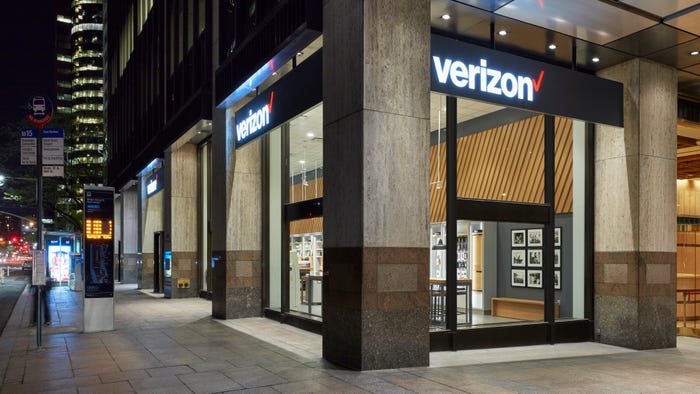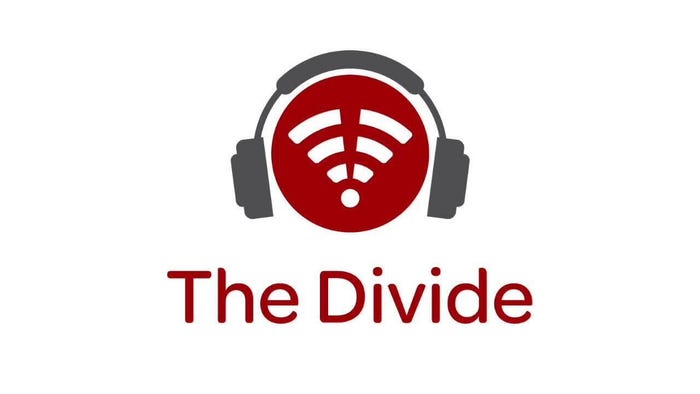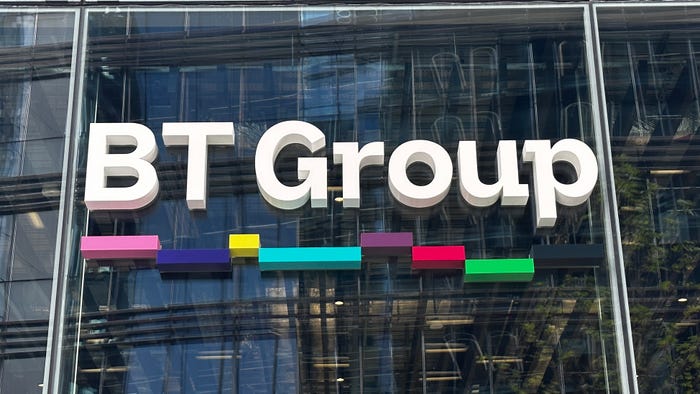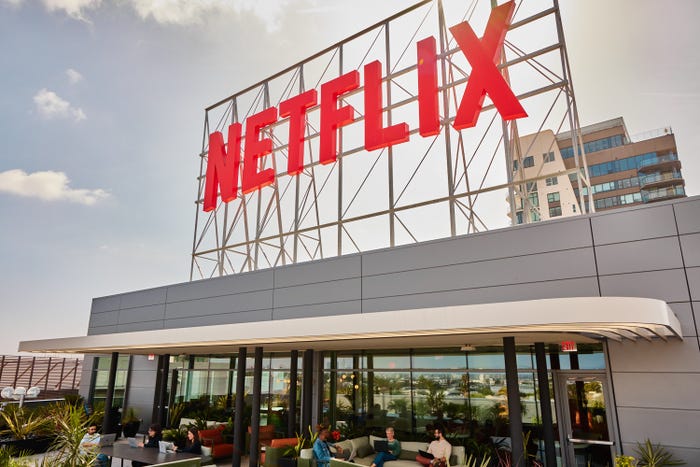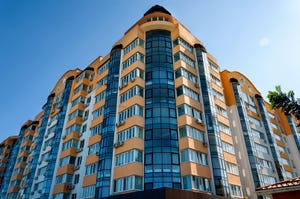Court gavel resting on a pile of money.
Broadband
FCC urged to reconsider USF stance in net neutrality orderFCC urged to reconsider USF stance in net neutrality order
Trade groups including NTCA and Incompas are pushing the FCC to amend its draft net neutrality order to essentially delay, not forbear, applying USF contribution requirements to broadband providers.
Subscribe and receive the latest news from the industry.
Join 62,000+ members. Yes it's completely free.


